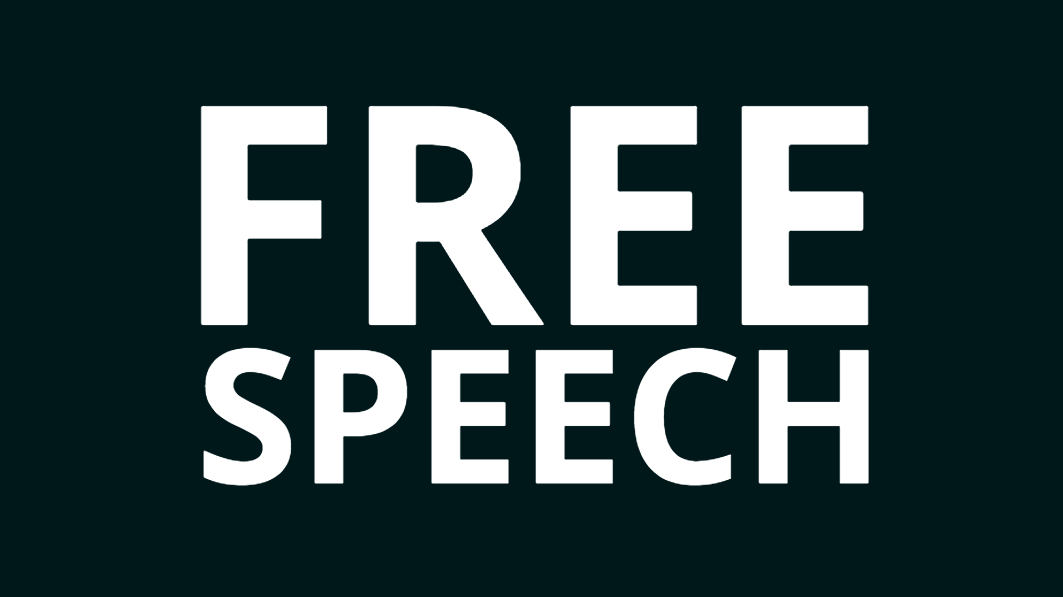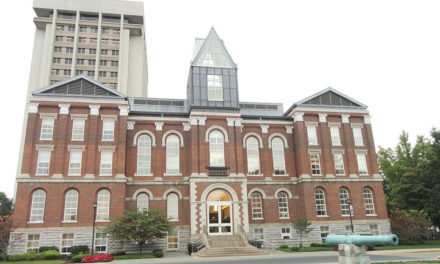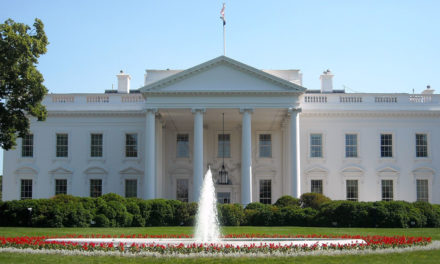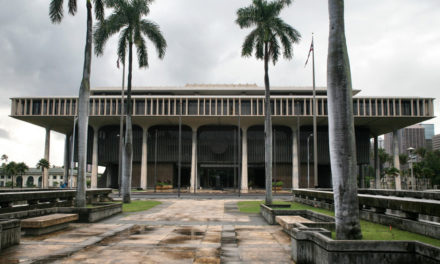There are weeks when it’s hard to believe that freedom of speech is one of our country’s core values. It’s frequently in the news these days because it’s been violated, whether through restrictive policies on college campuses, government attempts to compel speech that violates consciences, or government efforts to censor speech that it disagrees with.
Actually free speech is more than a core value. It’s a guaranteed right, etched in the figurative stone of the First Amendment. It is part of that God-given right of “liberty” mentioned in the Declaration of Independence, and along with the other unalienable rights of life and the pursuit of happiness, becomes the reason governments are instituted among men, i.e., to “secure these rights.”
Our recent track record in the free speech arena has been disappointing. That’s why it’s notable that we’ve seen a several positive news reports in the last week or so that defy the normal script and provide a glimmer of hope that perhaps there are reasons to be encouraged about the future of free speech.
President Trump issues an Executive Order (EO).
On March 21, the President issued an EO on “Improving Free Inquiry, Transparency, and Accountability at Colleges and Universities.” One of its purposes is to instruct federal agencies that provide research grants to colleges and universities to come up with polices and regulations that require those grantees to ensure “open, intellectually engaging, and diverse debate, including through compliance with the First Amendment for public institutions and compliance with stated institutional policies regarding freedom of speech for private institutions.”
In other words, if colleges want to hamper free speech, they will jeopardize their opportunities to receive valuable research grants from the federal government.
If the EO indeed creates a more free speech friendly environment on the nation’s college campuses, we’ll hopefully see fewer cases of speech codes, free speech zones, onerous “security” fees and other tricks that are employed to squelch what typically proves to be primarily conservative and religious speech.
Amherst College PC speech code revoked.
On the day before the President’s EO dealing with free speech on campus, Amherst College committed both a free speech infraction and a quick about-face in record time. First, the college’s Office of Diversity & Inclusion posted and emailed to students a “Common Language Guide” that is as politically correct as any speech code we have seen. It was supposedly intended as a “guide to a common and shared understanding of language.” Shared by whom? For example, the guide one-sidedly defines “capitalism” as a system that “leads to exploitative labor practices, which affect marginalized groups disproportionately.”
When conservative students brought the guide to the attention of Amherst College President Biddy Martin, however, she was quick to disown it as running “counter to the core academic values of freedom of thought and expression.”
Federal judge protects free speech from government retaliation.
A federal district judge rebuked a California school district for retaliating against speech it disapproved of from a private businessman. James Riley owns and operates a “living history farm” that offered presentations on historical events such as the American Revolution, the Civil War, the California Gold Rush, and others. It was a popular destination for student field trips sponsored by the school district. That is, until the school district learned of Facebook posts from the owner that didn’t sit well with the school district’s powers-that-be, who cancelled all future field trips to Riley’s farm.
When Riley sued, the school district asked the judge to dismiss the lawsuit on the basis that that Riley has no constitutional right to receive visits from the school district’s students. That may be, the judge responded, but neither can the school district—as a government entity—terminate the field trips for unconstitutional reasons such as retaliation for Riley’s private speech. The judge denied the school district’s motion to dismiss.
If the issue of government retaliation against a business for the unpopular private speech of its owner sounds familiar to you, you’re not alone. David French of National Review and constitutional scholar Eugene Volokh both cite the recent actions of San Antonio in banning Chick-fil-A from the city airport as part and parcel of the same type of constitutional violation that Riley experienced.
Kentucky governor signs campus free speech bill.
And last but not least, Kentucky Governor Matt Bevin signed a bill we’ve reported on into law this week that requires public universities and colleges in the state to guarantee free speech on campus. The law forbids speech codes, speech “zones”, onerous “security” fees, and disinviting speakers because of the controversial nature of their views.
Iowa governor signs campus free speech bill.
Similar to Kentucky’s law, this one also allows student organizations to require that its leaders agree and support the organization’s beliefs. This follows a couple situations where Christian clubs at Iowa universities were denied official status because they enforced such a requirement.
All in all, not a bad week for freedom of speech.






